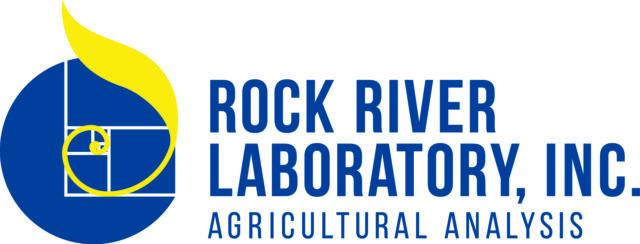Talk of immigration reform is growing louder. And for the first time since 2007, Congress acts like it may debate the issue again.
Click here to view a Q&A with members of a new coalition to lobby for reform. The coalition will be advocating to give current illegal ag employees a path to citizenship and replace the current H-2A program with a new legal way for future foreign-born ag laborers to enter the country to work in agriculture.
Realistic passage of any solution is likely months away. But now is the time to start preparing how you will discuss with your friends and neighbors your opinion on this issue and how it impacts your dairy.
Tone and message will be an important part of your communication strategy. I would suggest that, if you support these reforms, your talking points focus on the need for reform and how the system is broken.
The need
According to a study completed last year at Texas A&M , at least 60 percent of all milk in the U.S. is produced on farms that use an immigrant labor supply. That’s a clear majority of the milk in this country.
I reject arguments that over-reach on this issue in an attempt to scare people into support for reform. That flawed logic insists that without reform, the majority of the domestic milk supply would collapse, leaving a latent supply gap that would be filled with foreign-made dairy products.
The insertion of fear is that these products can’t be trusted and so this is a food safety, or even national security, issue. This logic jumps too quickly to its own conclusion.
Without reforms, it is true that U.S. dairy economic output would decline. A USDA – ERS study conducted last year found that the decline would most likely occur in dairy exports. That same study found that there wouldn’t be a huge gap as the alarmists suggest because dairy producers would turn to more mechanization.
Increased automation would make operating a dairy farm, especially for a start-up, more costly. It’s likely without proper reform, consolidation of milking cows into fewer herds would accelerate.
That means the end of more family-owned farms – both big and small. And that’s a message that will resonate with most of your friends and neighbors. No one wants to see family farms die.
What needs fixed
The coming immigration reform debate will offer you opportunities to educate suburbanites and city dwellers about the daily work done on a dairy.
Explain to them the typical shift of a milker: how it’s not just a typical eight-hour shift, how it requires being on your feet the entire time, and how parlor temperatures can range from being 100 degrees in the summer to below freezing in the winter.
Ask if they would be willing to do that job for a year. I bet if you even doubled the hourly wage you pay your milkers now, they likely couldn’t honestly tell you they would take the job. If they will, offer it to them on the spot, and I bet they won’t last two weeks.
Tell your friends and neighbors that current immigration laws require you do your best to verify any individual’s legal work status with a driver’s license or a Social Security card, and that you do your best.
But that short of discriminating based on skin color or accent, that is all that you can do. Reinforce that you don’t want to discriminate and you’d like for the system to do more of the judging.
Explain how other government immigration programs (i.e., H2A) for foreign ag workers don’t work for dairy because they would only permit them to work for a season and then go home. Tell your friends that cows need cared for 365 days per year, not just in the spring and fall seasons.
In short, immigration reform will present opportunities to peel back the veil about how food is produced so cheaply in the U.S. and start discussing what needs fixed. It is true that we are a “a nation in denial about our food supply.”
The same coalition discussed in the article in this issue has some good talking points, if you’re interested in using them. We’ve linked to them on our webpage for your convenience in finding them. I assume most of our readers support immigration reform that would benefit the dairy industry. Plan now to start helping those in your community know why. PD

-
Walt Cooley
- Editor-in-chief
- Progressive Dairyman
- Email Walt Cooley






